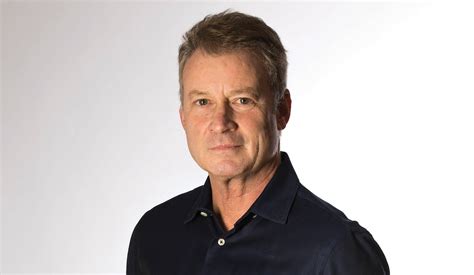A Quote by Amelie Nothomb
Luckily I haven't fallen into the trap, which has claimed so many writers, of living from day to day thinking 'Ah, I'll write a book about that.'
Related Quotes
When I'm shaving, I'm thinking about what I need to accomplish that day. If it's game day, I'm thinking about schemes, thinking about my matchup for that game. If it's practice, I'm thinking about what film we're going to watch. Or if it's a recovery day, I'm thinking of what body parts are aching and what I want to work on.
I used to think that if I was ever so lucky as to get a book deal that I would write all the time. All day, every day. I'd write three books a year. The truth, though, is that writing all day isn't really feasible. I could do it, but I'd be folding in on a lot of other aspects of my life, things I care about. And I wouldn't be happy.
The secret to writing is writing. Lots of people I know talk about writing. They will tell me about the book they are going to write, or are thinking about writing, or may write some day in the future. And I know they will never do it. If someone is serious about writing, then they will sit down every day and put some words down on paper.
I've published many biographies over the years and enjoyed working with writers on their research, discussing it, thinking about it and how it revealed their subject - and one day the impulse came to me to write a life of someone. I made a long list of possible subjects and [ Barbara] Stanwyck was on the list.
There isn't a single day I don't do some writing -- if you don't, you won't have a book. When you're self-employed it is very easy to burn away your time instead -- answering e-mails, surfing the Internet, or hanging out with friends. You really must have the discipline to sit down and write every day. Most of what I am writing is living in the back of my head or in my subconscious. I find if I write every day, my subconscious will do the job for me.
If you interrupt the writing of fast narrative with too much introspection and self-criticism, you will be lucky if you write 500 words a day and you will be disgusted with them into the bargain. By following my formula, you write 2,000 words a day and you aren’t disgusted with them until the book is finished, which will be in about six weeks.
Most of the writers I know work every day, in obscurity and close to poverty, trying to say one thing well and true. Day in, day out, they labor to find their voice, to learn their trade, to understand nuance and pace. And then, facing a sea of rejections, they hear about something like Barbara Bush’s dog getting a book deal.






































